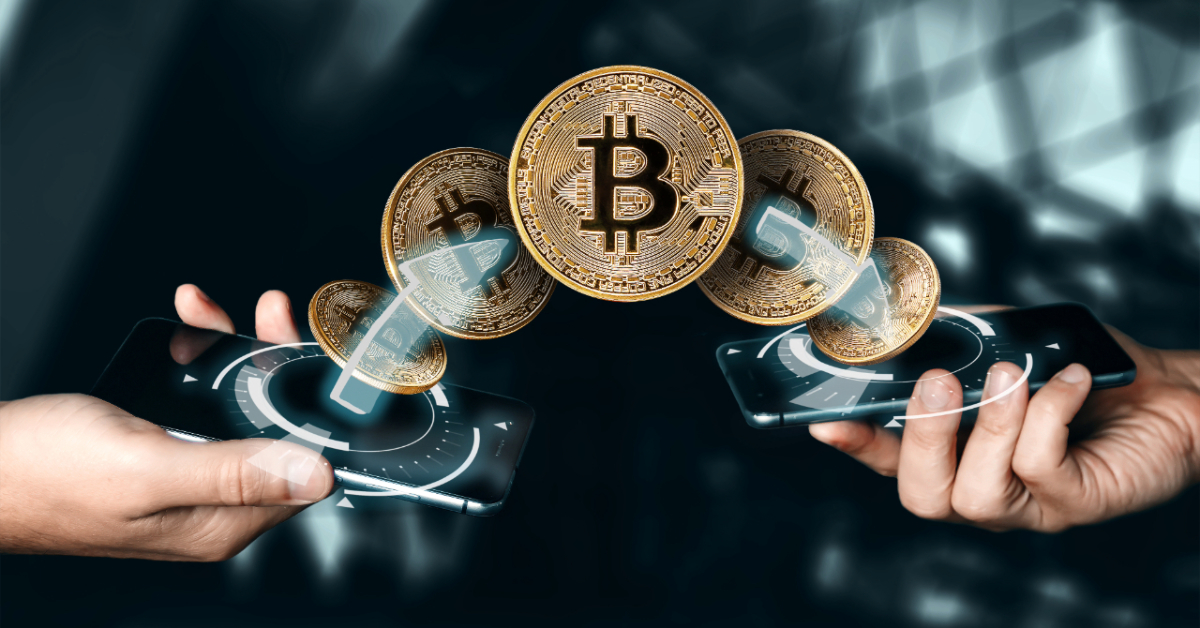As the Crypto world expands, security issues become increasingly important to both investors and users. Cryptocurrencies such as Bitcoin, Ethereum, and Monero (XMR) offer decentralized governance, but they still require human intervention to protect assets.
One of the most important aspects of cryptocurrency security is exchanging digital currencies on trusted websites. For example, if you want to exchange XMR (Monero), a privacy-focused cryptocurrency, you should choose an exchange that is known for its security protocols and strong privacy measures. In a world full of hacking attempts and scams, choosing the right platform will ensure the safety of your money and personal information.
1. Carry a secure wallet with you.
A cryptocurrency wallet is needed to safely store digital assets. Wallets are divided into two categories: hot wallets and cold wallets. Hot wallets are connected to the Internet, making them more convenient for everyday use, but also more vulnerable to cyber attacks. Cold wallets, on the other hand, are stand-alone devices that provide increased security.
Hardware wallets, a type of cold wallet, are often considered the safest way to store significant amounts of money over time. They store private keys that allow you to access your money offline. Leading options include Ledger and Trezor. Although these devices can be expensive, their use becomes evident in protecting a large investment.
2. Two-factor authentication (TFA).
Two-factor authentication (2FA) adds an extra layer of security when accessing your cryptocurrency accounts or wallets. By requiring two forms of identification, such as a password and a code sent to your mobile device, 2FA greatly minimizes the risk of unauthorized access. Many exchanges and wallets provide this feature, which should be enabled to protect against hackers.
3. Phishing awareness.
Phishing scams are a common tactic used by hackers to steal sensitive information like private keys or login credentials. These attacks sometimes take the form of fake emails or websites that resemble legitimate Bitcoin companies. When a user enters their credentials on these platforms, their account can be compromised.
To avoid becoming a victim of phishing, double-check website URLs and never click on suspicious links in unsolicited emails or text messages. Bookmark the official websites of the exchanges and wallets you use so you can easily access them from these saved URLs.
4. Secure Exchanges.
When buying or selling Bitcoin, use only trusted and secure exchanges. Some consumers are willing to trade at lower prices, but they may misunderstand the need for robust security standards. Look for exchanges that have a track record of strong security practices, such as cold storage of cash, loss insurance, and regular security audits.
5. Regular software updates
Another key part of Bitcoin security is regular software updates. Updates to your wallet, exchange software, or operating system on your computer or mobile device often include fixes for vulnerabilities that could be exploited by scammers. Keeping all data up to date ensures you receive the latest security patches.
Conclusion
In the rapidly evolving world of Bitcoin, keeping your digital assets safe should be a top priority. These processes, which range from using effective secure wallets and enabling two-factor authentication to alerting to phishing techniques and using trusted exchanges, form the basis of good cryptosecurity practices. By following these guidelines, you can minimize your risks and preserve your investment in this digital frontier.



